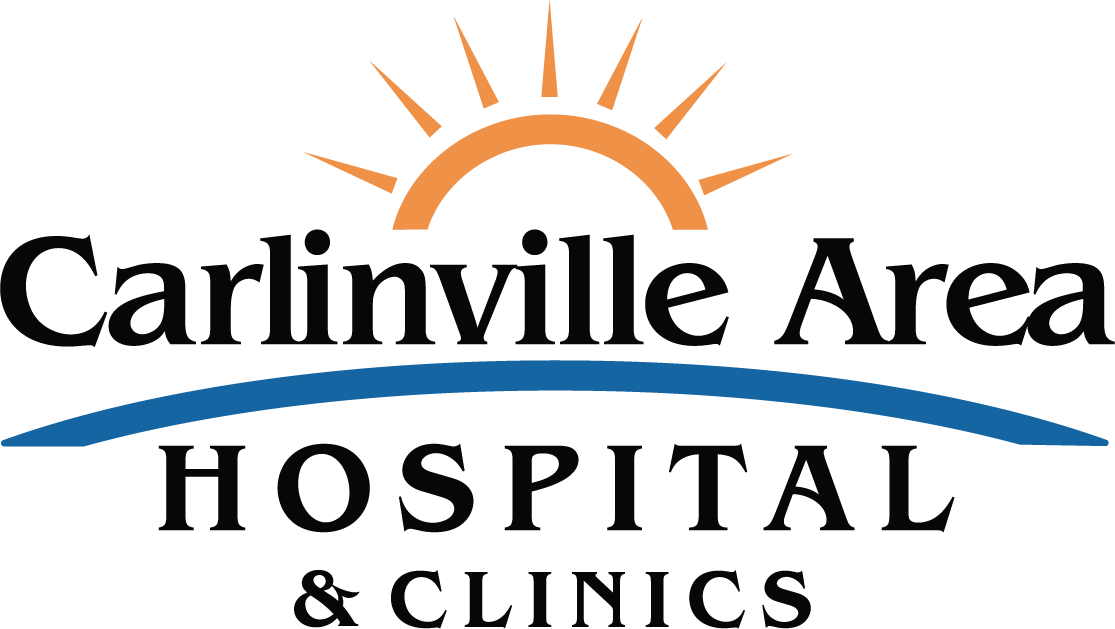Your Rights
When it comes to your health information, you have certain rights.
This section explains your rights and some of our responsibilities to help you.
Get an electronic or paper copy of your medical record.
- You can ask to see or get an electronic or paper copy of your medical record and other health information we have about you. Ask us how to do this.
- We will provide a copy or a summary of your health information, usually within 30 days of your request. We may charge a reasonable, cost-based fee.
Ask us to correct your medical record.
- You can ask us to correct health information about you that you think is incorrect or incomplete.
- We may say “no” to your request, but we’ll tell you why in writing within 60 days.
Request methods of communication
- You can ask us to contact you in a specific way (for example, home or office phone) or to send mail to a different address.
- We will say “yes” to all reasonable requests.
Ask us to limit what we use or share.
- You can ask us not to use or share certain health information for treatment, payment or our operations.
- We are not required to agree to your request, and we may say “no” if it would affect your care.
- If you pay for a service or healthcare item out-of-pocket in full, you can ask us not to share that information for the purpose of payment or our operations with your health insurer.
- We will say “yes” to all reasonable requests.
Get a list of those with whom we’ve shared your information.
- You can ask for a list (accounting) of the times we’ve shared your health information for six years prior to the date you ask, who we shared it with and why.
- We will include all the disclosures except for those about treatment, payment and healthcare operations, and certain other disclosures (such as any you asked us to make).
- We’ll provide one accounting a year for free but will charge a reasonable, cost-based fee if you ask for another one with in 12 months.
Get a copy of this privacy notice.
You can ask for a paper copy of this notice at any time, even if you have agreed to receive the notice electronically. We will provide you with a paper copy promptly.
Choose someone to act for you.
- If you have given someone medical power of attorney or if someone is your legal guardian, that person can exercise your rights and make choices about your health information.
- We will make sure the person has this authority and can act for you before we take any action.
Changes to this notice:
We may change our policies at any time. Changes will apply to medical information we already hold as well as new information after the change occurs. Before we make significant change in our policies, we will change our notice and post the new notice in the hospital and outlying clinics. You can request a copy of the current notice at any time. The effect date is list below.
Complaints:
If you are concerned that your privacy rights may have been violated, or you disagree with a decision we made about access to your records, you may contact our Privacy Officer. You may also file a complaint with the United States Dept. of Health and Human Services Office of Civil Rights by sending a letter to 200 Independence Avenue, S.W., Washington, D.C., 20201, by calling 1-877-696-6775 or by visiting www.hhs.gov/ocr/privacy/hipaa/complaints/. Under no circumstances will you be penalized or retaliated against for filing a complaint.
Privacy Officer
Carlinville Area Hospital & Clinics
20733 N Broad St.
Carlinville, IL 62626
217-854-3141
Right to Medical Chaperone
Carlinville Area Hospital & Clinics mandates the use of a qualified medical chaperone during sensitive examinations and in other situations where vulnerability, misunderstanding, or discomfort may arise.
- Patients must be informed of their right to have a chaperone present.
- Whenever possible, the chaperone should be the same gender as the patient to ensure comfort and cultural sensitivity.
- If a same-gender chaperone is unavailable, the patient should be offered the choice to proceed, reschedule, or request an alternative support person.
A medical chaperone is a trained, impartial individual whose primary role is to observe, support, and protect the patient and the healthcare professional during an examination or procedure that may be sensitive, intimate, or emotionally vulnerable in nature.
The medical chaperone:
- Provides reassurance and emotional support to the patient.
- Maintains the integrity and professionalism of the clinical encounter.
- Serves as a neutral observer to prevent misunderstanding or misconduct.
- Recognizes signs of distress or discomfort and intervenes appropriately.
- Is empowered and obligated to stop the procedure immediately if any behavior by the healthcare professional appears inappropriate, unethical, or inconsistent with this policy, and must report such concerns promptly through appropriate channels.
Medical chaperones are distinct from interpreters, advocates, or family members, though those individuals may also be present when clinically or personally appropriate.
